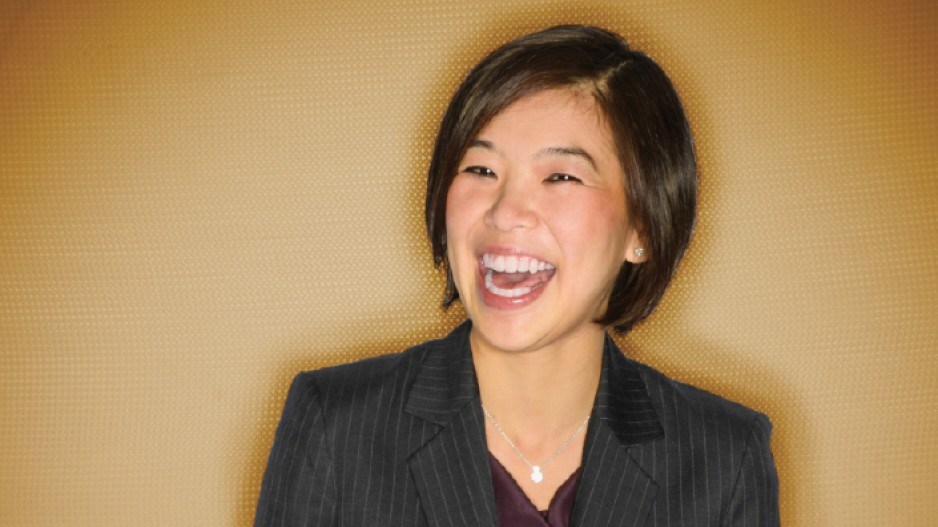Miranda Lam knew from an early age that she wanted to be a lawyer. She also knew what kind of lawyer she wanted to be: a litigator.
“I think that the traditional conception of what a lawyer is is a court-going lawyer,” Lam said. “I also really enjoyed public speaking and reading, and I figured that’s the best way to combine the things that I like.”
Despite being a self-described outspoken litigator, Lam has found that at times during her career, she’s fallen into the trap of not speaking up when she should.
“I work in a large place with lots of talented people, and there are from time to time emails that say, ‘Does anyone have experience in “X” topic?’” she said. “And I’m generally the person who will think carefully, ‘Do I know how to do that? Am I experienced in that? I’ve done something like that but not that exact task.’ So I’ll say nothing.”
Researchers have found that women are more likely to rate their competence lower than are men, regardless of actual ability. At one point, after she had once again held back instead of responding, Lam realized she was probably being too cautious when it came to rating her own knowledge and experience.
“A light bulb did go off for me at this particular time, because I didn’t say anything and one of my colleagues, a male, volunteered and put his hand up,” she said. “Then he walked down the hall and came to my office and said, ‘You’ve done something like this; do you want to help me with this?’ And that for me was sort of the moment when I thought, ‘OK, I should have just said something.’”
In law, a lot of value is placed on past experience and judgment. But when it comes to leading teams, everyone – even the newest law school grads – has something to contribute, Lam said.
“They come at things from a fresh perspective, and when you’re trying to solve a problem that has no straightforward answers, sometimes that’s the perspective that creates the breakthrough.”
On creating a collaborative environment | “When we start a [new file] here, my job when I lead a team is to make sure everyone’s as well informed as possible. So that even though everyone’s specific role might be different … everybody gets the context in which they’re working. That sometimes allows people to connect the dots better, so even though they might be working on a narrow and specific task, they can see how that connects up with the overall strategy and can lend their perspective.”
Has a work or life challenge taught you a key career lesson? Contact Jen St. Denis at [email protected]




